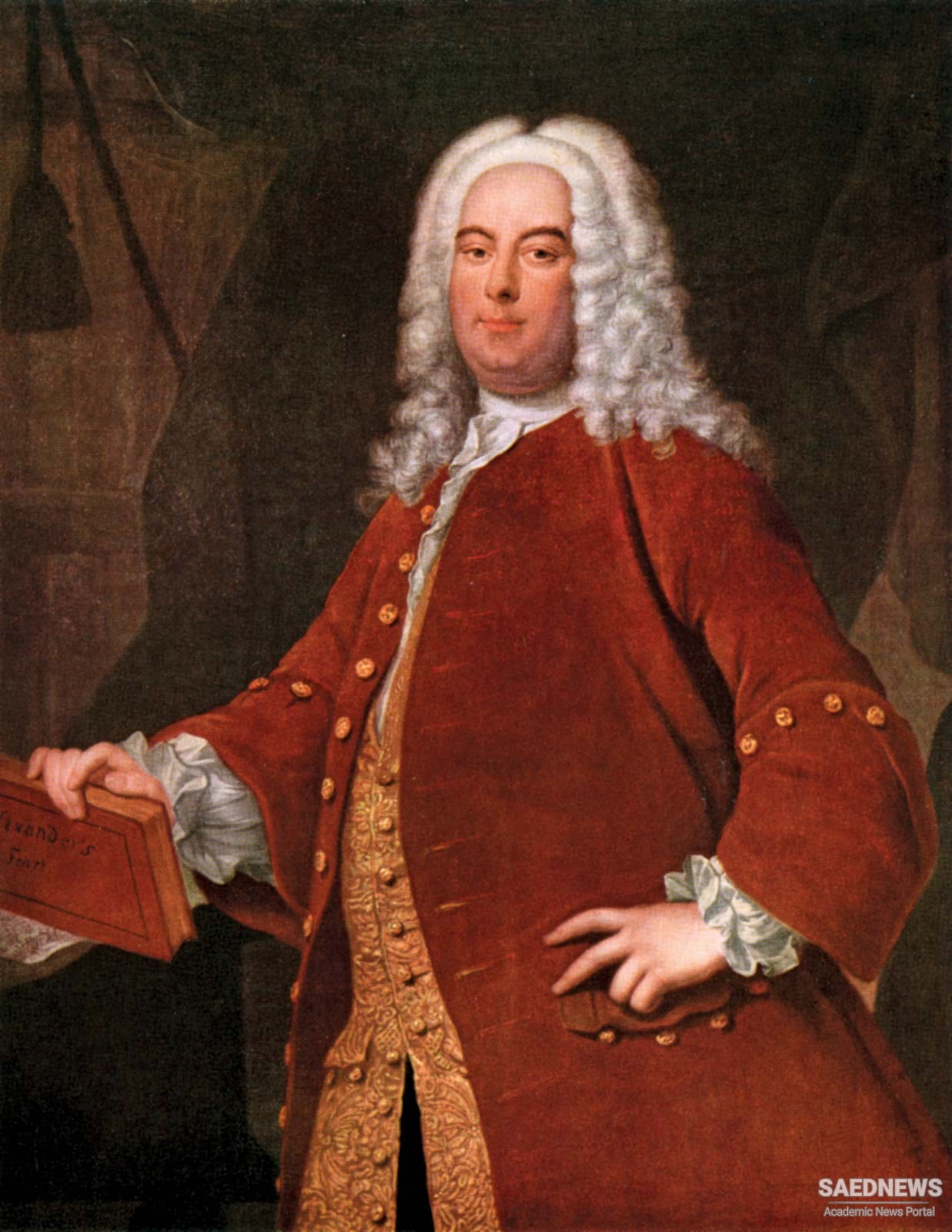A German-born English composer of the late Baroque era, George Frideric Handel—or, Georg Friedrich Händel, as he was known for the first 30 years of his life—was noted particularly for his operas, oratorios, and instrumental compositions. He wrote the most famous of all oratorios, Messiah (1741), and is also known for such occasional pieces as Water Music (1717) and Music for the Royal Fireworks (1749). The son of a barber-surgeon, Handel showed a marked gift for music and became a pupil in Halle of the composer Friedrich W. Zachow, from whom he learned the principles of keyboard performance and composition. In 1702 Handel enrolled as a law student at the University of Halle. He also became organist of the Reformed (Calvinist) Cathedral in Halle but served for only one year before going north to Hamburg. In Hamburg he joined the violin section of the opera orchestra and also took over some of the duties of harpsichordist; early in 1705 he presided over the premiere in Hamburg of his first opera, Almira. Handel spent the years 1706–10 traveling in Italy, where he met many of the greatest Italian musicians of the day. He composed many works in Italy, including two operas, numerous Italian solo cantatas (vocal compositions), Il trionfo del tempo e del disinganno (1707) and another oratorio, the serenata Aci, Galatea e Polifemo (1708), and some Latin (i.e., Roman Catholic) church music. His opera Agrippina enjoyed a sensational success at its premiere in Venice in 1710. Also in 1710 Handel was appointed Kapellmeister to the elector of Hanover, the future King George I of England, and later that year he journeyed to England. Handel’s opera Rinaldo was performed in London in 1711 and was greeted with great enthusiasm. Over the next two years his operas Il pastor fido (1712) and Teseo (1713) were also staged in London. In 1713 he won his way into royal favour by his Ode for the Queen’s Birthday and the Utrecht Te Deum and Jubilate in celebration of the Peace of Utrecht, and he was granted an annual allowance of £200 by Queen Anne. On the death of Queen Anne in 1714, the elector George Louis became King George I of England, and Handel subsequently made England his permanent home. In 1718 he became director of music to the duke of Chandos, for whom he composed the 11 Chandos Anthems and the English masque Acis and Galatea, among other works. Another masque, Haman and Mordecai, was to be the effective starting point for the English oratorio. In 1726 Handel officially became a British subject, which enabled him to be appointed a composer of the Chapel Royal. In this capacity he wrote much music, including the Coronation Anthems for George II in 1727 and the Funeral Anthem for Queen Caroline 10 years later.


 Vivaldi's Concerti: Rich Instrumental Thoughts
Vivaldi's Concerti: Rich Instrumental Thoughts














































